18 June 2024
Election principles: Helping people live with dignity
Captain John Clifton
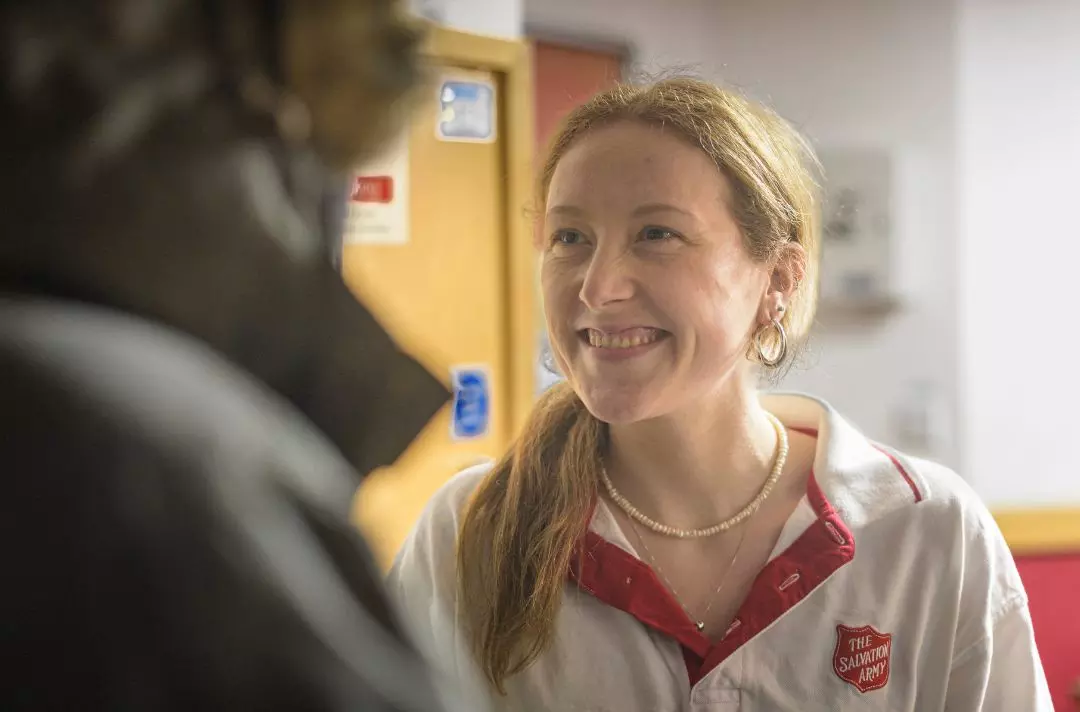
Ahead of the general election on 4 July, Captain John Clifton begins a series of reflections about The Salvation Army’s four key principles for political candidates.
In a previous appointment, I served in a corps building immediately next to the council’s housing services. People would come to the hall hoping The Salvation Army could help reverse a decision that had been made next door. Many times, I went with the person, only for them to hear five words: ‘You’re not in priority need.’
The Salvation Army has always been dedicated to treating everyone with dignity, a commitment rooted in the teachings of Jesus Christ. Historically, we have provided not just material aid but also emotional and spiritual support to people in need. When it comes to homelessness, the Army currently accommodates more than 3,000 people every night. Our commitment to this work is grounded in Matthew 25:40, where Jesus reminds us: ‘Whatever you did for one of the least of these brothers and sisters of mine, you did for me.’
Today, issues such as homelessness, addiction and mental health struggles are significant barriers to living with dignity. According to recent data, rough sleeping and drug-related deaths have reached alarming levels. The Office for National Statistics reports that, in 2022, there were 4,907 deaths related to drug poisoning, with figures rising year on year. The government’s latest rough sleeping snapshot estimated 3,898 people were sleeping rough across England, an increase of 27 per cent on the previous year. Indeed, the number of people sleeping rough is now 120 per cent higher than in 2010.
These challenges are compounded by societal stigma, which can prevent people from seeking help they desperately need.
Local initiatives, such as shelters, mental health services and addiction support programmes, are vital in addressing these issues. By fostering a supportive environment, we help people reclaim self-worth and hope. Communities also play a crucial role, supporting the Army’s efforts to break down barriers and ensure that dignity is restored to all individuals.
As an organisation, The Salvation Army is advocating for several policy changes. It is calling for legislation to prioritise support for rough sleepers in England by adding them to the priority need list, ensuring they have a right to accommodation when approaching local authorities. It is urging a commitment to abolish priority need within the next decade so that everyone in need of homelessness support has a right to accommodation. Additionally, it is advocating for a sustained increase in housing stock – particularly social housing – across the UK, and for making rental rates affordable by keeping Local Housing Allowance at the 30th percentile – ensuring housing benefits meet the cost of the most affordable 3 in 10 private rents.
Furthermore, the Army is seeking to increase access to naloxone – the life-saving drug that can reverse the effects of an overdose – by removing legislative barriers to its distribution, launching a national awareness campaign, and providing more funding. All these measures would significantly improve the lives of those struggling with homelessness, addiction and mental health issues.
As Christians, we are called to support people on the margins and help people live with dignity. Advocating for these policy changes is therefore an expression of our faith and our commitment to justice. Let us remember Jesus’ words in Matthew 25:40 and bring forth that day when no one will have to hear that they’re not considered a priority, when people in need have their dignity restored.
Written by
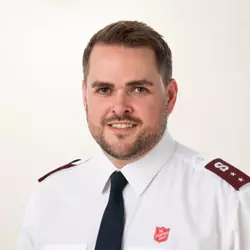
Captain John Clifton
Territorial Justice and Reconciliation Officer
Read the election series
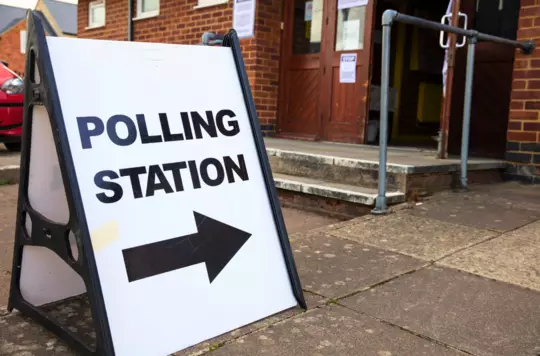
Ahead of the UK general election on 4 July, Captain John Clifton encourages people to register to vote.

Ahead of the general election on 4 July, Captain John Clifton continues a series of reflections about The Salvation Army’s four key principles for political candidates.

Ahead of the general election on 4 July, Captain John Clifton continues a series of reflections about The Salvation Army’s four key principles for political candidates.

Ahead of the general election on 4 July, Captain John Clifton concludes a series of reflections about The Salvation Army’s four key principles for political candidates.
Discover more
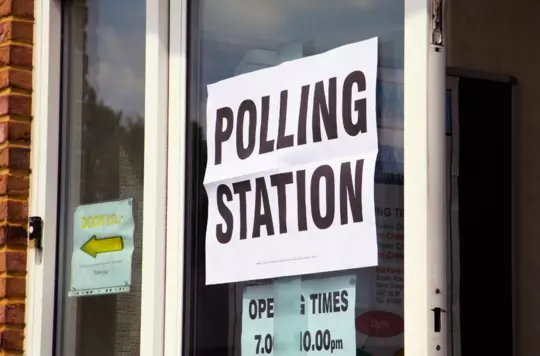
Salvationist explores how corps can turn polling day into an opportunity for outreach.

Public Affairs Officer Chris Hartley introduces a new opportunity for Salvationists.
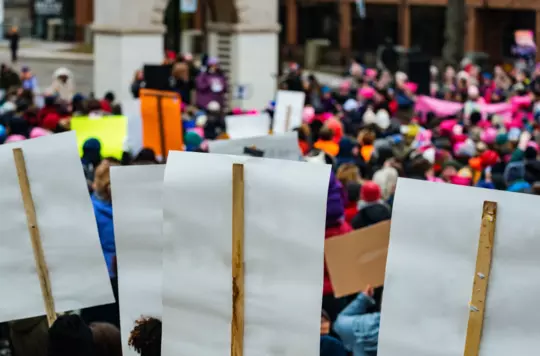
Major Nick Coke considers how to seek justice in a society longing for reconciliation.
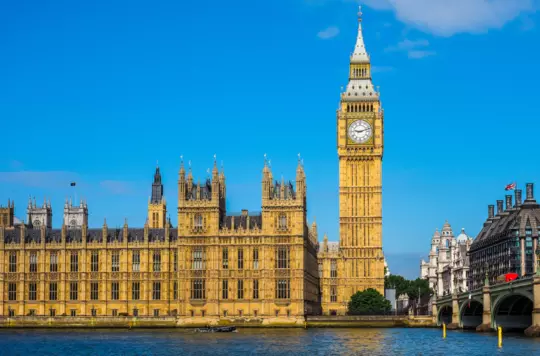
We speak into areas of public policy to support change for the benefit of some of the most disadvantaged people in our communities.



